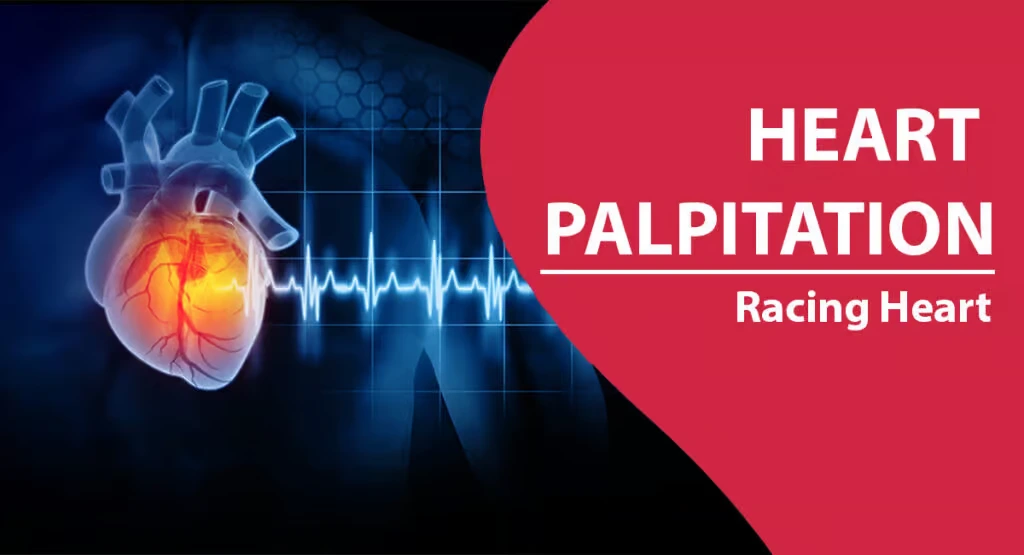Ever finished a meal only to feel your heart suddenly flutter, pound, or race? It can be scary — but don’t panic just yet. In many cases, those post-meal palpitations are harmless and tied to what (or how) you just ate. Let’s break down some surprisingly common reasons your heart might get a little too excited after a meal.
1. That “Food Coma” Comes With a Side of Heart Strain
Big meals mean your digestive system needs extra blood to get to work — and fast. That sudden rush can put a temporary strain on your heart, especially if your plate was piled high. So yes, seconds (and thirds) may come at a cost.
2. Sugar and Carbs = Insulin Rollercoaster
High-carb or sugary meals can spike your blood sugar, prompting a release of insulin — and sometimes, adrenaline too. That hormone rush? It’s one of the biggest culprits behind a racing heartbeat.
3. Caffeine Hiding in Your Dessert?
A post-meal cup of coffee, chocolate treat, or even iced tea may seem innocent enough, but they’re loaded with caffeine. If you’re sensitive to stimulants, your heart might start tapping out a faster rhythm.
4. Your Body Might Be Saying “No Thanks” to Something
Food sensitivities — think gluten, MSG, preservatives — don’t always show up as stomach trouble. Sometimes, your heart takes the hit with flutters or skipped beats. Pay attention to patterns; your body is trying to talk to you.
5. Too Much Salt? Your Heart Notices
That delicious salty snack or spicy curry might be tasty, but salt pulls water into your bloodstream and can raise your blood pressure. Your heart may respond by pumping harder and faster.
6. A Glass of Wine Can Tip the Balance
Even a casual drink during dinner can affect your heart’s rhythm. For some, alcohol acts as a trigger for irregular heartbeats — especially in combination with food.
Bottom Line?
A racing heart after meals can be unnerving, but it’s usually your body reacting to what you’ve just fed it. Try smaller portions, skip the caffeine or booze, and watch your sugar and salt intake. Still concerned? Always check with your doctor to rule out anything more serious.


